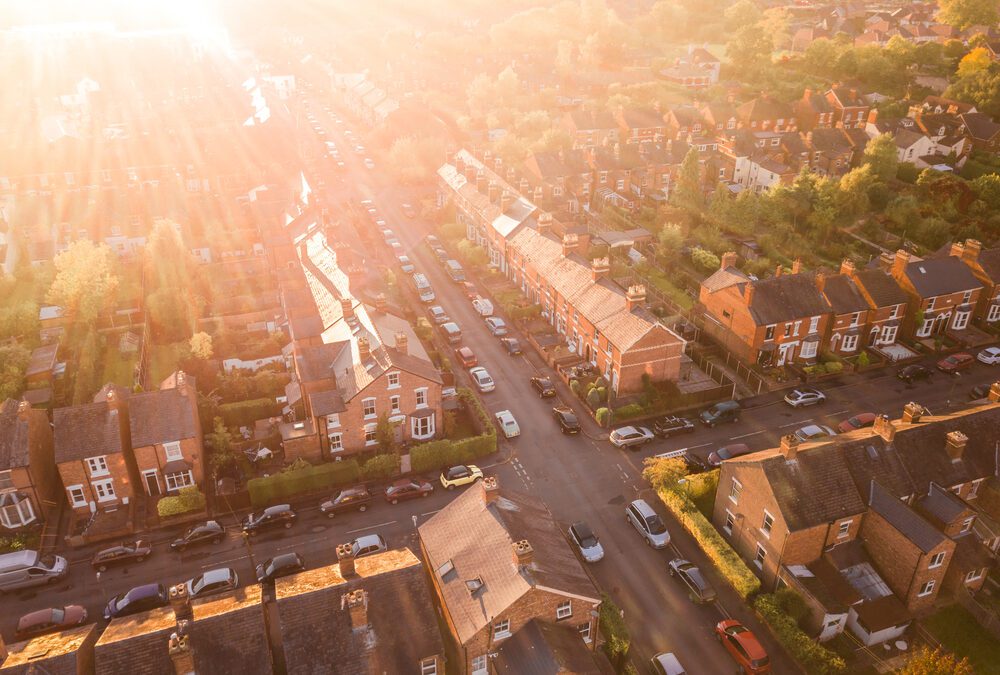A monthly update from our Managing Director, Monica Bradley, on property prices and mortgage interest rates.
How did the August base rate rise (from 5% to 5.25%) affect the mortgage market?
The market had expected the recent increase, and so it had already been priced in some way in advance. Whilst tracker rates will automatically change, with some variable rates also increasing, we haven’t seen the cost of fixed-rate mortgages increase, and we’re unlikely to see this.
Will we see further base rate rises?
It’s very difficult to predict whether there will be further rate rises. Opinions vary so much. Personally, I think the landing zone is going to be somewhere between 5.5 and 6%, and we’ll reach the peak before Christmas. After that, we can likely expect a prolonged period where the base rate will sit where it is.
What will happen with mortgage interest rates if there is another base rate increase?
Any future base rate increase hasn’t, at this stage, been priced in, so if we see the base rate go up again, it’s likely we’ll see both fixed and variable rates increase. The next inflation report will be published on 16 August, and this will inform what happens in the short term. Markets will certainly digest that information very quickly. If inflation continues to fall, we’ll all breathe a sigh of relief. However, if inflation remains stubbornly high, then The Bank of England has made it very clear it will react and will not hesitate to increase the base rate further.
What’s happening in the property market?
Purchase activity is obviously down due to the increased cost of borrowing. However, we’ve been quite surprised with the amount of first-time buyer activity. I put that down to several things. If you’re a first-time buyer and currently live in rented accommodation, your rent has probably increased. So, if your accommodation costs are going up anyway, what’s stopping you from taking control of your own destiny and buying your own property? Secondly, there are still mortgage products available for first-time buyers. If you have a five or ten per cent deposit, there are options available for you.
Should a first-time buyer with a smaller deposit worry about going into negative equity?
Anyone buying with a five or ten per cent deposit should be cautious in the short term as their property value could go down. You can protect yourself by having a bigger deposit, but if you plan to live in the property for a long time, it shouldn’t be too much of a worry as, even if you find yourself in negative equity for a short time, the property value may increase before you move again.
What are your views on future house prices?
Predicting house prices is a difficult business; however, I see a gentle drift down in prices rather than the big drop some are predicting.
It seems pretty clear that prices should reduce, given that borrowing costs have increased and seem likely to stay inflated, certainly above where we’ve seen this over the last decade, for the foreseeable future. However, I’ve been surprised by the resilience in house prices given the conditions, and this points to a lack of supply of new housing of all tenures over the last couple of decades. This lack of supply will likely hold up prices, and so I think we’ll only see a fairly modest price fall in the next 12 to 18 months.

